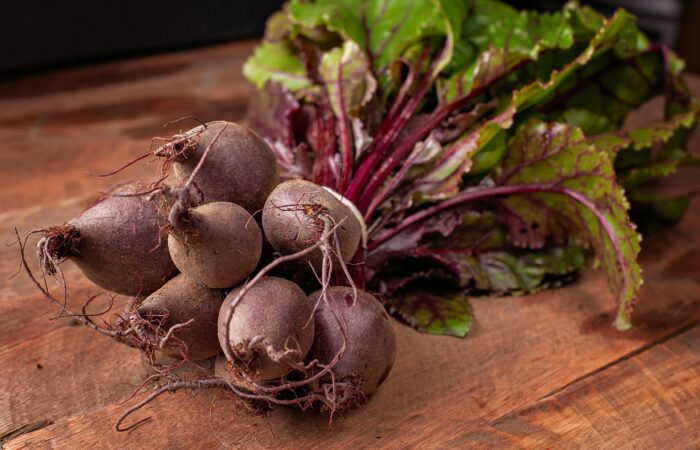Cinnamon is much more than a flavorful spice for your kitchen. For centuries, it has been celebrated not only for its aromatic allure but also for its potential health benefits. Today, modern science is catching up with ancient wisdom, exploring how this humble spice may help enhance memory and cognitive function.
A Closer Look at Cinnamon’s Cognitive Benefits
Recent studies have shed light on the compounds in cinnamon that could be key to boosting brain health. Researchers have focused on components like polyphenols and cinnamaldehyde, which seem to play an important role in stimulating synaptic plasticity—the process that strengthens connections between neurons. This is crucial for learning, long-term memory, and overall cognitive function.
One notable study from Rush University Medical Center in Chicago has provided intriguing evidence: regular consumption of cinnamon might help promote the neural connections that underpin our ability to learn and remember. In addition, research involving animal models has shown that cinnamon could help prevent cognitive impairments linked to neurodegenerative diseases such as Alzheimer’s and Parkinson’s.
Incorporating Cinnamon into Your Daily Routine
If you’re intrigued by these findings, you might wonder how to incorporate cinnamon into your daily regimen in a way that supports brain health. Here are a few practical ideas:
1. Enjoy Cinnamon Teas and Infusions
One of the simplest ways to consume cinnamon is to brew a warm infusion. By boiling water and adding a cinnamon stick or a teaspoon of ground cinnamon, you can create a delicious, aromatic tea. Drinking this in the morning might be an excellent way to kickstart your day with a natural memory boost.
2. Sprinkle It on Your Meals
Another versatile option is to add ground cinnamon to your food. Whether it’s sprinkling it over oatmeal, yogurt, or even a fruit salad featuring bananas and apples, a dash of cinnamon not only enhances flavor but also enriches your meals with valuable antioxidants.
3. Consider Supplements, with Caution
For those looking for a more concentrated dose, cinnamon capsules or extracts are available at specialty stores. However, it’s important to approach these supplements with care and always under medical supervision. This ensures you get the benefits without risking potential side effects.
Choosing the Right Type of Cinnamon
While cinnamon offers many benefits, it’s essential to consume it in moderation. In particular, the Cassia variety, which is more common and less expensive, contains higher levels of coumarin—a compound that can be harmful to the liver when consumed in large amounts. For a safer alternative, opt for Ceylon cinnamon, often referred to as “true cinnamon,” which has a lower coumarin content.
A Word of Caution
Despite its promising benefits, cinnamon should not be viewed as a cure-all. It is not a substitute for any prescribed medications or medical treatments. Individuals with certain health conditions, like diabetes, should be especially cautious because cinnamon can affect blood glucose levels. Always consult with a healthcare professional before making significant changes to your diet or adding supplements.
The potential of cinnamon to support cognitive health is an exciting discovery, merging culinary delight with wellness benefits. By integrating cinnamon into your daily routine—whether through teas, food, or supplements—you may be able to support your brain’s memory functions naturally. Remember to choose wisely between different varieties and enjoy this spice as part of a balanced, health-conscious lifestyle.
Embrace the journey of exploring nature’s offerings and let cinnamon add a bit of spice to both your meals and your mind!




